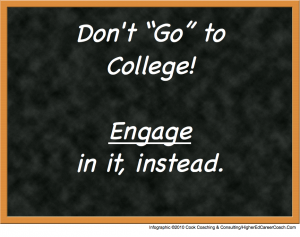This post is by Brandon Yanofsky of brandonyanofsky.com.
Mae West said, “Too much of a good thing can be wonderful.”
I completely disagree with Ms. West. Too much of a good thing is not wonderful. In fact, it can be harmful.
Think about it: eat too many apples, you’ll gain weight from the sugar. Sleep 14 hours a day, and you start becoming sedentary. Spend too much time lifting weight, and your body won’t be able to build muscle.
As the cliche goes, moderation is the key, but Epictetus puts it best:
“If one oversteps the bounds of moderation, the greatest pleasures cease to please.”
When it’s too much
A few years ago, I was an exercise beast. I loved exercising. I would train two hours in the morning, and one and a half hours at night. And I did this six days a week.
I was in amazing health. I lost nearly 40 pounds, ran a ten kilometer race keeping a 6:32 minute mile throughout, and was planning on doing triathlons. Exercising was my life.But then it began taking its toll. Other aspects of my life were suffering: I didn’t have much of a social life, I didn’t have time to work on my business, and I was tired most of the day.
Then, one day, I just stopped working out all together. I went from three and a half hours a day to zero. I hated exercising. I had done so much of it, I didn’t want to do it anymore. Looking back, I know if I had just exercised in moderation, I would have been happier and would have kept exercising.
So, when I decided it was time for me to diet, I didn’t tell myself, “Eat only healthy food all the time.”
Instead, I took Tim Ferris’s advice from the The 4-Hour Body and gave myself one cheat day a week. On that day, I eat whatever I want. I’ll get a pizza, hamburger, jelly beans, coke, a giant burrito. I go all out and intentionally overeat. That way, I’m recharged for the next week of dieting.
Moderating my diet actually makes it enjoyable.
What about you?
So, what in your life could use moderation?
Do you work to much? Do you eat too much? Do you spend too much time in front of the computer? On your phone? In front of the TV? Do you spend more money than you should?
If you feel even the slightest instinct that you might do too much of something, your body is trying to tell you something. It’s time for moderation.
Looking for tips on dealing with stress? Check out Brandon Yanofsky’s blog on stress relief.











Recent Comments